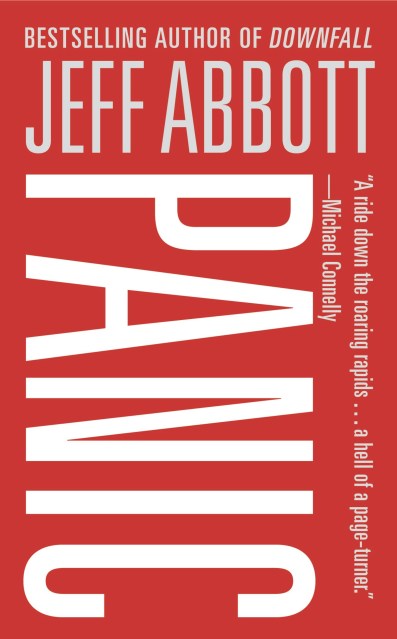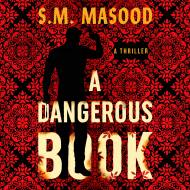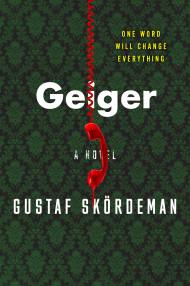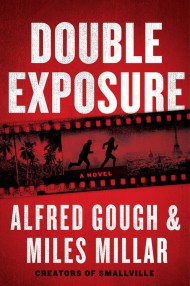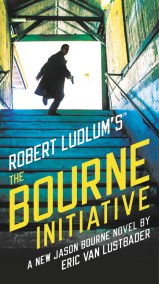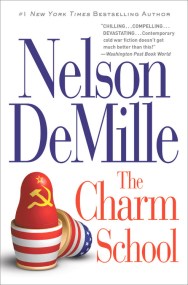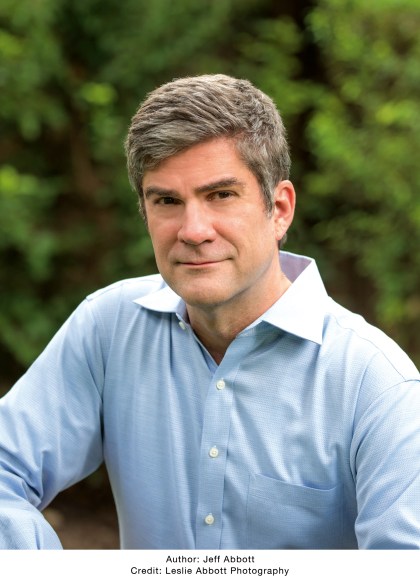By clicking “Accept,” you agree to the use of cookies and similar technologies on your device as set forth in our Cookie Policy and our Privacy Policy. Please note that certain cookies are essential for this website to function properly and do not require user consent to be deployed.
Panic
Contributors
By Jeff Abbott
Formats and Prices
Price
$8.99Price
$12.99 CADFormat
Format:
- Mass Market $8.99 $12.99 CAD
- ebook $5.99 $7.99 CAD
- Audiobook Download (Unabridged)
This item is a preorder. Your payment method will be charged immediately, and the product is expected to ship on or around May 28, 2013. This date is subject to change due to shipping delays beyond our control.
Also available from:
What if everything about your life was a lie?
Evan Casher is a successful documentary filmmaker with a perfect life–until the day his mother is brutally murdered. Suddenly pursued by a ruthless circle of killers, Evan discovers his entire past has been a carefully constructed lie. With only one chance at survival and no one he can trust, Evan must discover the shocking truth about his family–and himself…
-
"Panic is a sleek, smart thriller that combines a family tragedy, international intrigue, and the redemptive power of love into one of this year's best books. There is no question: Jeff Abbott is the new name in suspense."Harlan Coben
-
"A superior, fast-paced thriller.... White-knuckled suspense that's extremely hard to put down."Publishers Weekly
-
"Panic is a ride down the roaring rapids. Jeff Abbott has put together a hell of a page turner."Michael Connelly
-
"Compulsively readable...an engaging page-turner that makes for fast and enjoyable reading."Chicago Sun-Times
-
"Edge of your seat quotient: sky high... Panic opens with an action-packed, man-on-the-run scenario that doesn't let up..."Entertainment Weekly
- On Sale
- May 28, 2013
- Page Count
- 464 pages
- Publisher
- Grand Central Publishing
- ISBN-13
- 9781455546114
Newsletter Signup
By clicking ‘Sign Up,’ I acknowledge that I have read and agree to Hachette Book Group’s Privacy Policy and Terms of Use
